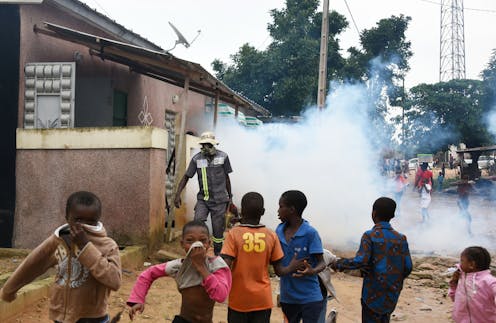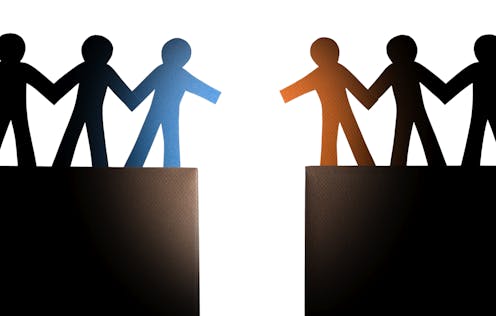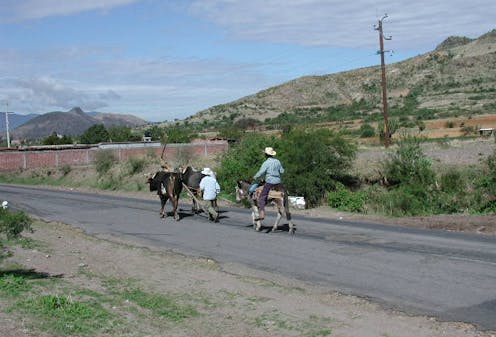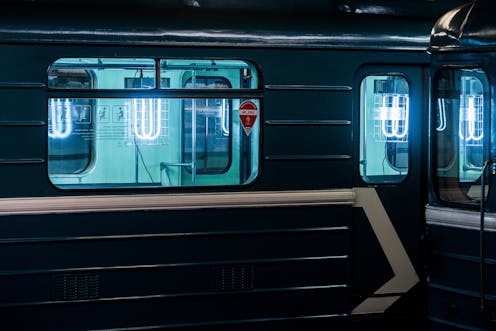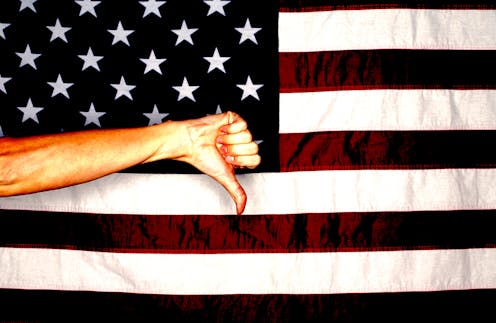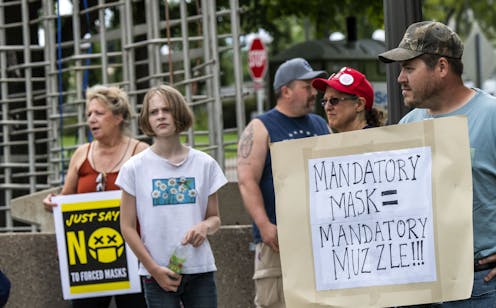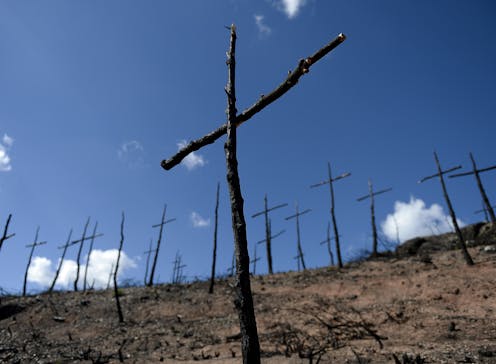Few US students ever repeat a grade but that could change due to COVID-19
- Written by Pamela Davis-Kean, Professor of Psychology, University of Michigan
 Will it take longer for students to graduate because of the pandemic?valentinrussanov/E+ via Getty Images
Will it take longer for students to graduate because of the pandemic?valentinrussanov/E+ via Getty ImagesWith in-person instruction becoming the exception rather than the norm, 54% of parents with school-age children expressed concern that their children could fall behind academically, according to a poll conducted over the summer of 2020. Initial...
Read more: Few US students ever repeat a grade but that could change due to COVID-19


